Program Curriculum
Business Management Foundations
Business Management Core
Managing Global Business
Entrepreneurial Manager
Workshops and Classes
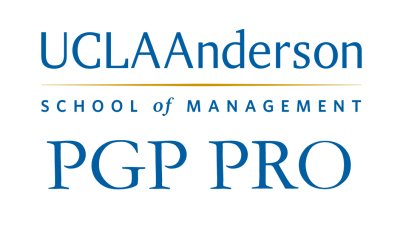
Workshop 4: Managerial Finance | 2018-19
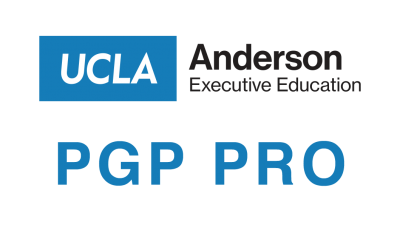
UCLA PGP PRO Workshop 1: Strategy, Leadership and Careers

UCLA PGP PRO Workshop: Managerial Finance

UCLA Classroom Module 3

UCLA PGP PRO May 2020 Classroom : Entrepreneurship and Operations Management (24 – 26 June 2022)

Workshop 2: Human Capital Management | 2018-19

Workshop 1: Negotiation, Influence, Leadership & Careers | 2019-20

UCLA PGP PRO Dec 2021 Classroom : Entrepreneurship and Operations Management (10th -12th Sep 2022)

Workshop 3: Negotiation and Influence | 2018-19

Workshop 1: Leadership Lab, Problem solving, Careers | 2018-19

UCLA PGP PRO Dec 2020 Classroom : Entrepreneurship and Operations Management (24 – 26 Jun 2022)

UCLA PGP PRO Classroom : Entrepreneurship and Operations Management (18th to 20th June, 2022)

UCLA Classroom Module 2: Entrepreneurship and Operations Management | 2019-20

UCLA PGP PRO | May 2020 – Classroom Module 1: Global Strategy Frameworks, Branding and Marketing

UCLA Classroom Module 1: Branding & Marketing, Strategy and Leadership Communications | 2019-20

UCLA Classroom Module 1: Branding & Marketing, Strategy and Leadership Communications | 2018-19

UCLA PGP PRO Workshop: Managerial Finance (Dec 3rd – 5th, 2021)

UCLA Classroom Module 2: Entrepreneurship and Operations Management | 2018-19

UCLA PGP PRO | Dec 2020 – Classroom Module 1: Global Strategy Frameworks, Branding and Marketing

UCLA PGP PRO | 2021 – Classroom Module 1: Global Strategy Frameworks, Branding and Marketing
UCLA Classroom Module 2: Entrepreneurship and Operations Management | 2018-19
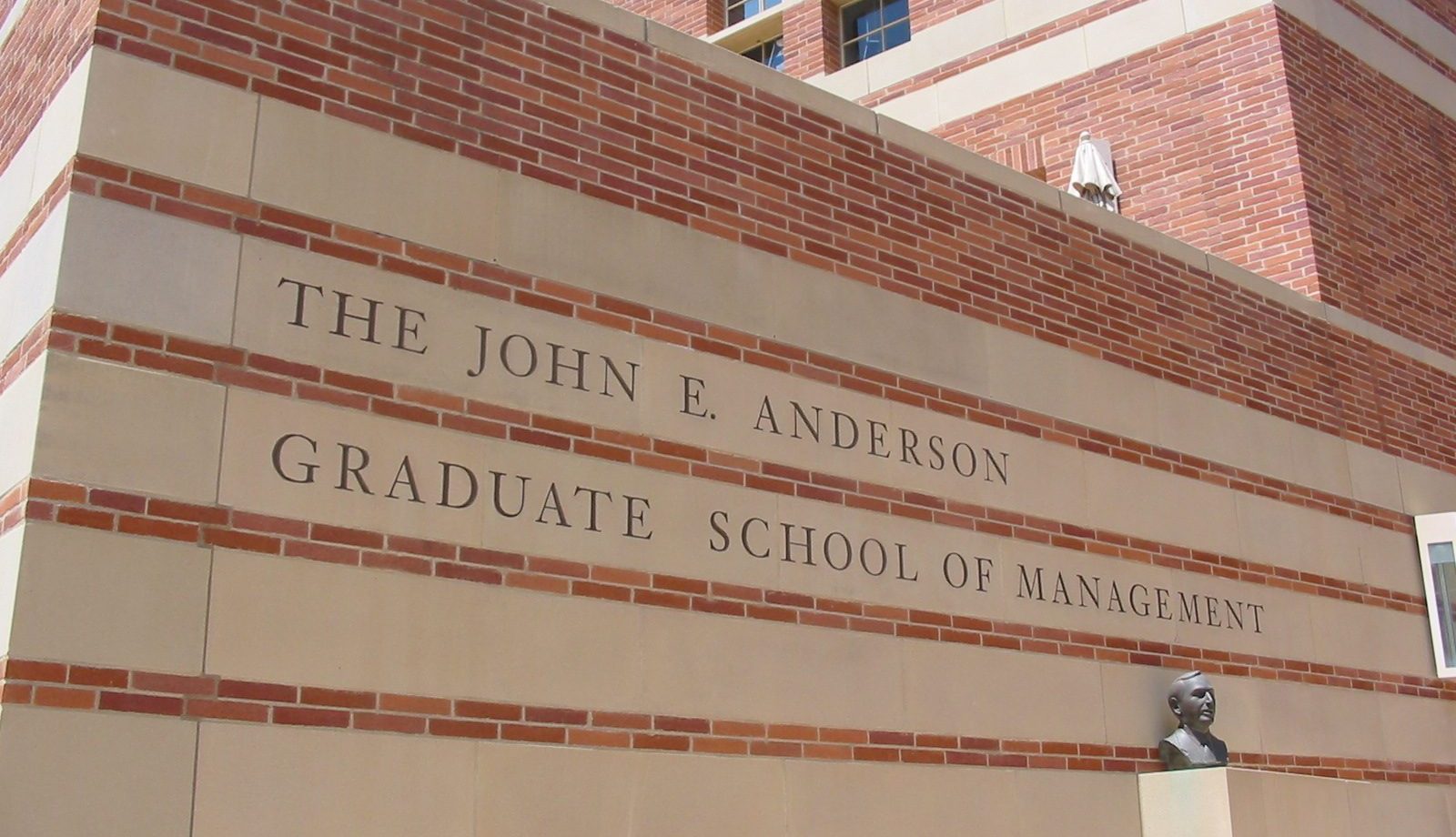
This final classroom module in UCLA PGP PRO focuses on further enhancing your learning from the online modules by focusing on the most important aspects in the classroom towards the completion of your yearlong journey. Prof. George Abe will close the entrepreneurial learning aspects by helping your appreciate the nuanced aspects of identifying an interesting idea and developing it further. Prof. Kumar Rajaram will then spend time in enhancing your execution skills by first helping you appreciate the intricacies of Operations Management and teaching the basic concepts and then helping apply to those to manage effective operations. The final outcome would be your growth as an entrepreneurial leader who understands that operational excellence and execution makes the real difference towards long term success.
Faculty
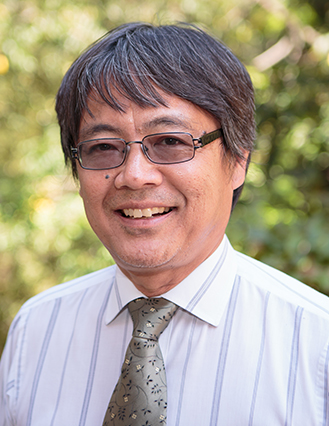
Prof. George Abe
George Abe is a lecturer at the UCLA Anderson School of Management and faculty director of the Strategic Management Research (SMR) program. SMR is the field study project required of Anderson’s Executive MBA students. He teaches entrepreneurship, business plan development and field study program advisories.
As a graduate student at UCLA, Abe studied with Leonard Kleinrock on pre-Internet data networking. In 1976 he joined Computer Sciences Corp, a defense contractor providing, among other services, timesharing services — what we now call cloud computing. He designed the IP data service for CSC’s spinoff, Infonet Services Corporation, and later signed on as business development manager at Cisco, where he became the company’s first product manager for data over cable products. In 1997 Cisco published Abe’s book, Residential Broadband, an early practical guide to what were then emerging access networks and internet technologies, published in two editions.
Abe circled back to his alma mater when he joined UCLA’s technology transfer office, where commercialization of intellectual property is managed. In 2003 Senior Associate Dean Al Osborne invited Abe to teach entrepreneurship. In his teaching, he emphasizes deal terms and team building. “Team building is the key,” he says. “Students underestimate it. They come in believing fundraising is the hardest part. The socialization process is important and overlooked.”
In addition to his experience in computer networking, Abe was a venture partner with Santa Monica-based Palomar Ventures and served on the board of directors of Switchcore AB, a publicly traded fabless semiconductor designer in Sweden, and several boards in the Palomar portfolio.
Abe serves on the board of advisers for UCLA’s Terasaki Center for Japanese Studies and Biotech Connection, Los Angeles.
Education:
B.A. Mathematics, UCLA
M.S. Business, Quantitative Methods, UCLA
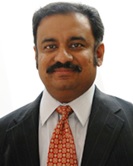
Prof. Kumar Rajaram
Kumar Rajaram is professor of decisions, operations and technology management and the Ho-Su Wu Chair in Management at the UCLA Anderson School of Management. Rajaram’s current research interests include improving operations in the health care industry, nonprofit sector and process manufacturing sector, including food processing, pharmaceuticals and the petrochemical industry. He has focused on developing analytical models of complicated systems with a strong emphasis on practical implementation.
Rajararm’s work has been published in leading research journals such as Operations Research, Management Science, Manufacturing and Service Operations Management, Marketing Science and Production and Operations Management. He has been awarded the Eric and E Juline Faculty Excellence in Research Award at UCLA Anderson.
Rajaram developed a new control paradigm called “Robust Process Control” to increase the productivity of large-scale industrial processes. By focusing on the design and control of these processes in operational environments, this technique has resulted in four-fold increases in productivity in several types of industrial processes. These methods have been implemented at several process companies worldwide. For this work, he has been recognized by the Institute for Operations Research and the Management Sciences (INFORMS) as a Franz Edelman Laureate for outstanding applications of operations research and management science techniques to practice. He has also developed techniques to better balance supply with demand for products with short life cycles and highly unpredictable demand. This work has been applied at several large fashion retailers in Europe and North America and has resulted in substantial improvements to profitability at these sites. He has also worked in developing analytical models to improve planning for HIV/AIDS screening, testing and care at the Veterans Administration. In addition, he has worked at improving patient flows at the Ronald Reagan UCLA Medical Center and has developed models to improve staff and operating room assignments for surgeries at this hospital.
Courses
At the UCLA Anderson, Rajaram teaches the MBA core course on operations and technology management, various executive education courses and doctoral level courses on operations management and models for operations design, planning and control.
Education:
Ph.D. Operations Management, 1998, Wharton School, University of Pennsylvania
M.A. Managerial Science and Applied Economics, 1997, Wharton School, University of Pennsylvania
M.S. Industrial Engineering and Operations Research, 1993, University of Massachusetts at Amherst
M.Sc. Mathematics, with Honors, 1991, Birla Institute of Technology and Science, Pilani, India
B.E. Electrical and Electronics Engineering, with Honors, 1991, Birla Institute of Technology and Science, Pilani, India
Learning Objectives:
By the end of the final in-class UCLA module in UCLA PGP PRO, you will be able to:
- Understand various elements of entrepreneurship
- Appreciate better the challenges of becoming an entrepreneur
- Develop your strategy and operational template for pursuing entrepreneurship
- Understand the aspects of fund raising, acquiring customer and generating revenues for your venture
- Develop an appreciation of the challenges of scaling up
- Understand the importance of good execution with operational excellence
- Understand and apply the basics of designing a good process
- Build an appreciation of what makes great organizations work well – the execution DNA
- Analyze a good operations management strategy
- Assess process design using established tools and techniques
- Develop into an execution oriented, entrepreneurial manager and leader
Classroom Methods & Schedule
The classroom module will use various exercises, case studies, team assignment and class discussion to bring alive the complexities in the subject areas. It is required that you go through all the required cases as well as pre-reads and prepare for the session before the class. It will be greatly beneficial for you and the other participants to go through the material provided so that the discussion can be rich, and help clarify details with the faculty members during the in-class session.
|
09:00 am – 10:30 am |
Entrepreneurship |
|
10:30 am – 11:00 am |
Coffee Break |
|
11:00 am – 12:30 pm |
Entrepreneurship |
|
12:30 pm – 13:30 pm |
Lunch |
|
13:30 pm – 15:00 pm |
Entrepreneurship |
|
15:00 pm – 15:30 pm |
Coffee Break |
|
15:30 pm – 17:00 pm |
Entrepreneurship |
|
17:15 pm Onwards |
High Tea |
|
09:00 am – 11:00 am |
Operations Management Part 1 |
|
11:00 am – 11:30 am |
Coffee Break |
|
11:30 am – 13:30 pm |
Operations Management Part 2 |
|
13:30 pm – 14:30 pm |
Lunch |
|
14:30 pm – 16:30 pm |
Operations Management Part 3 |
| 09:00 am – 11:00 am | Operations Management Part 4 |
| 11:00 am – 11:30 am | Coffee Break |
| 11:30 am – 12:30 pm | Operations Management Part 4 (Continued) |
| 12:30 pm – 13:30 pm | Lunch |
| 13:30 pm – 15:00 pm | Operations Management Part 5 |
| 15:00 pm – 15:30 pm | Coffee Break |
| 15:30 pm – 17:00 pm | Operations Management Part 5 (Continued) |
|
10:30 am – 11:00 am |
Assemble |
|
11:00 am – 12:00 pm |
PGP PRO key takeaways by Prof. Sanjay Sood |
|
12:00 pm – 13:00 pm |
Lunch |
|
13:00 pm – 13:30 pm |
Break |
|
13:30 pm – 15:00 pm |
Closing address and Graduation ceremony |
Support
Have questions regarding UCLA PGP PRO, Here are some of our most frequently asked questions. Please email [email protected] for any support required with respect to the program, course or platform.
